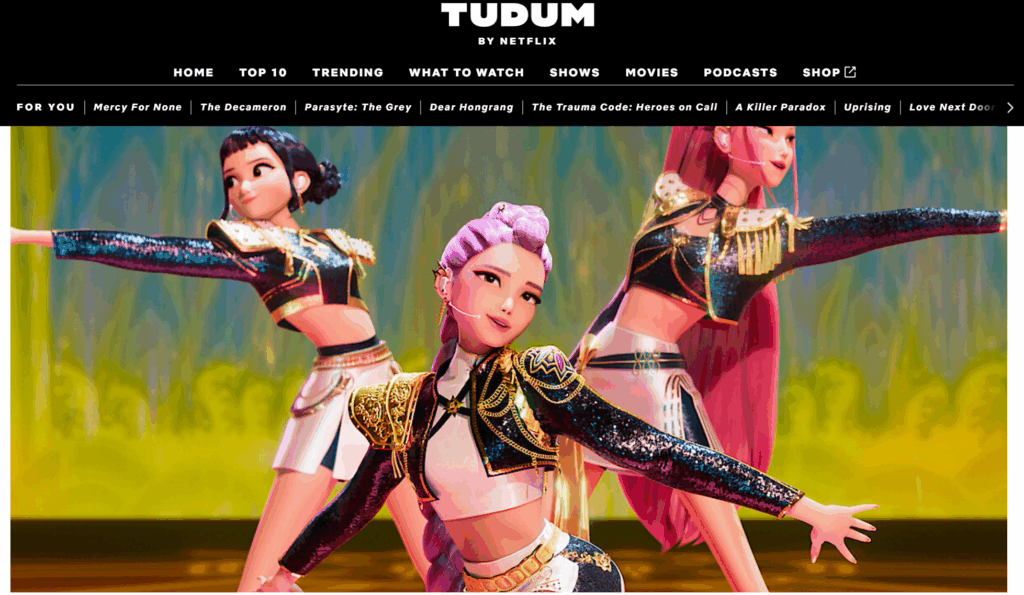Introduction
In recent years, a series of landmark events have showcased the global rise of Hallyu, or the Korean Wave: Parasite winning an Oscar, BTS topping the Billboard charts multiple times, and Korean dramas dominating global Netflix rankings. Once dismissed as a passing trend, Hallyu has now firmly established itself as a cultural movement with long-lasting global influence. Korean pop music, films, and video games have sparked worldwide interest, which has expanded to include Korean food, tourism, language, and consumer products. Beyond its cultural reach, Hallyu has become a powerful medium for global connection.
Sociocultural Impact
Cultural influence has long flowed from developed nations to developing ones. While Korea is a member of the OECD, it was traditionally seen as trailing behind the West in cultural influence. Before the 1990s, Korean media often mimicked American or Japanese styles, and concerns over cultural imperialism were widespread.
Today, however, the success of Korean pop culture has reversed that dynamic. Hallyu has become a symbol of cultural pride. Fans around the world learn Korean to better understand K-pop and K-dramas. Many go further—studying, working, or even relocating to Korea. In 2023 alone, 421,174 people took the TOPIK exam, an 18% increase from the previous year. Korean studies programs now exist in over 1,300 universities across more than 100 countries, and 11 new King Sejong Institutes were added in 2025, bringing the total to over 270 globally.
Tourism has also benefited. In 2023, South Korea welcomed 11 million foreign tourists, with 32% citing Hallyu as their primary reason for visiting. Additionally, 35.6% of those visitors were aged 30 or younger, indicating strong youth interest.
Moreover, Hallyu fosters shared values. K-pop fans often engage in charity, activism, and even political movements—not under corporate direction, but as grassroots efforts. These communities promote diversity and counter hate speech. This cultural movement has reshaped how Asia is perceived, proving that smaller nations like Korea can lead globally. Young people in places like Hong Kong and Myanmar now see Korea as a model of democracy and resilience.
In this way, Hallyu is more than entertainment—it’s a global social force driving learning, empathy, and positive change.
Economic Value

Hallyu’s economic significance has grown far beyond initial expectations. In 1993, the Korean government noted that revenue from the film Jurassic Park equaled the export value of 1.5 million Hyundai cars. Today, the cultural industry has become a core economic driver.
In 2023, Korea’s content industry generated 145 trillion KRW in revenue—a significant increase from previous years—while cultural exports reached $13 billion, surpassing major traditional exports like steel and home appliances.
Hallyu also stimulates consumer goods exports. According to the Korea Eximbank, every $100 increase in cultural content exports leads to a $248 rise in exports of cosmetics, food, fashion, and electronics.
The broader economic impact is substantial. The content industry contributed an estimated 260 trillion KRW in production, 110 trillion in value-added output, and nearly 2 million jobs. Hallyu’s total economic ripple effect in 2023 included 26 trillion KRW in production, 11 trillion in value-added creation, and 160,000 new jobs.
Clearly, Hallyu is not only a cultural success—it is a major engine of economic growth and global trade influence.

Diplomatic Value
Hallyu significantly enhances South Korea’s soft power—defined by political scientist Joseph Nye as the ability to influence others through attraction rather than coercion. As K-pop, Korean dramas, and other cultural exports spread globally, they promote Korean values, aesthetics, and identity, building goodwill toward the country.
This cultural diplomacy complements traditional diplomacy by engaging directly with global citizens. Korea’s Ministry of Foreign Affairs views public diplomacy as a way to promote national image and strengthen international relations through culture, values, and communication. In this light, Hallyu serves as a cost-effective and impactful tool.
For example, Korean cultural festivals, language programs, and media content have improved Korea’s global brand perception. Countries with strong Hallyu followings often see increased support for Korean policy initiatives and collaboration. Additionally, Hallyu’s democratic and inclusive image offers a sharp contrast to authoritarian cultural exports, giving Korea unique influence in global conversations.
By embracing Hallyu as a form of cultural diplomacy, Korea extends its international reach and strengthens global partnerships grounded in shared values and mutual respect.
Future Directions
The current global popularity of Hallyu presents South Korea with an unprecedented opportunity to lead in cultural innovation. To maintain this momentum, Korea must move beyond reactive strategies and invest in long-term infrastructure, education, and international cooperation that supports cultural production.
Rather than viewing Hallyu as a temporary phenomenon, policymakers and industry leaders should recognize it as a strategic asset. Expanding support for creative industries, nurturing emerging talent, and encouraging cross-sector collaboration will ensure sustainability.
Future Hallyu initiatives should also reflect universal values that resonate globally—diversity, inclusion, sustainability, and freedom of expression. Empowering fan communities and creators to co-develop content can further deepen engagement and authenticity.
By evolving with purpose and vision, Hallyu can continue to serve as a platform for mutual understanding, soft power, and inclusive growth in an increasingly interconnected world.
